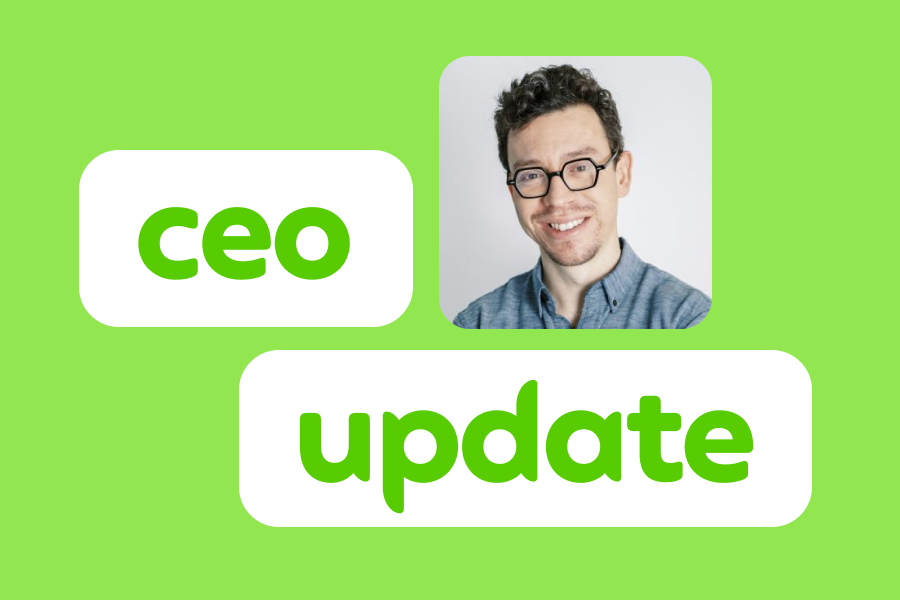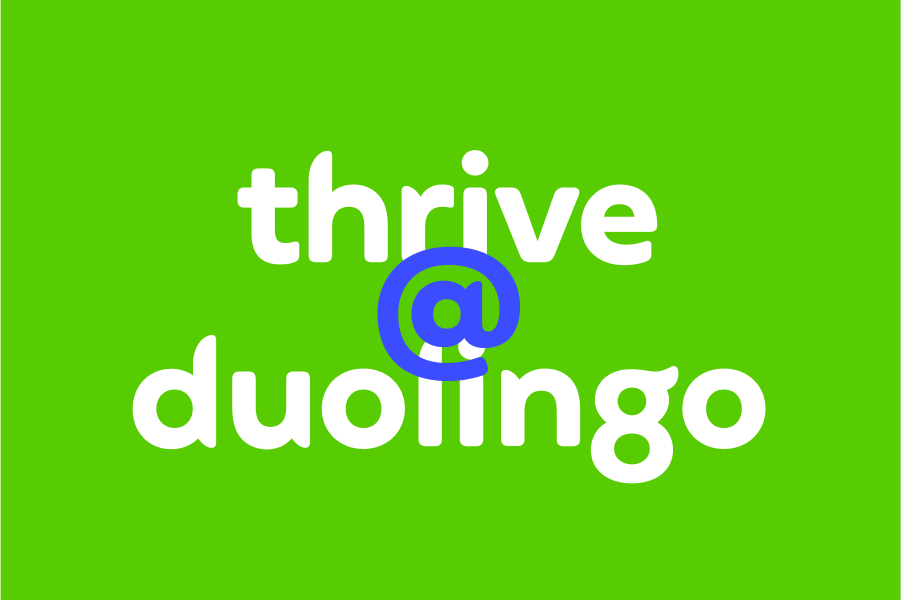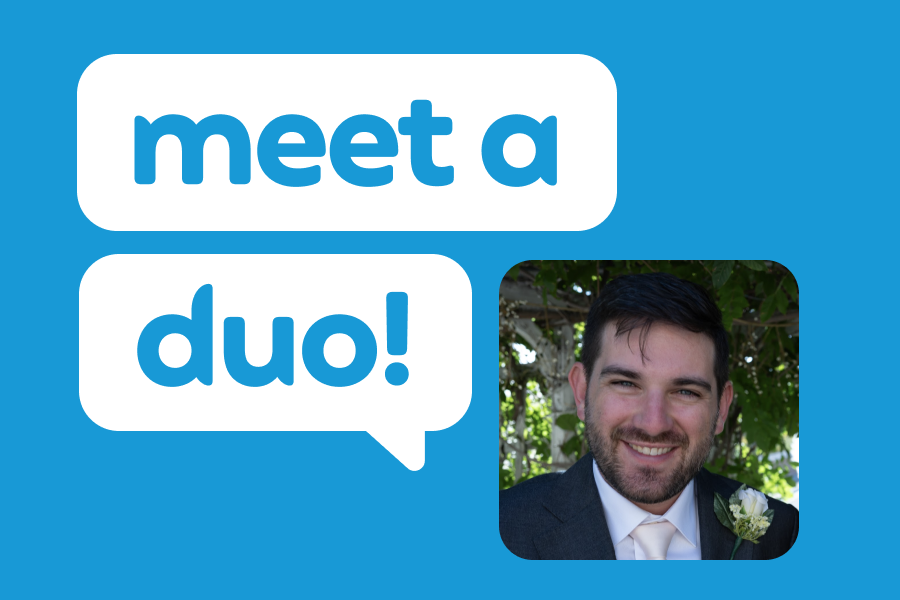Later this month I will travel to London to meet policymakers, educators, and technologists to debate how edtech can help drive the U.K.’s growth agenda, close the nation's skills gap, and facilitate the U.K.’s immigration requirements.
The U.K is at an inflection point, redefining its relationship with the world—one where the U.K. can choose to lead, or fall behind, and with education playing a critical role in charting the course forward.
We know this because we see the impact of a new, Global Britain in our own products. Today, the U.K. is home to the second-largest number of Ukrainian learners on Duolingo, as Ukrainians who have come to the U.K. to escape the war are using the app to learn English, and English hosts are using it to learn Ukrainian.
We’ve had an impact culturally as well. More than 20 million in the U.K. have used Duolingo to study everything from French, to Japanese, to Zulu. We now have over 20 times the number of native speakers of Scottish Gaelic learning the language with us, and in 2020 Welsh was the U.K.’s fastest-growing language. To build on this, we partnered with Sabhal Mòr Ostaig, and the National Centre for Learning Welsh to help the government reach its target of a million Welsh speakers by 2050.
But we’re more than a language learning app. Our Duolingo English Test has already helped U.K. institutions vastly broaden the scope and diversity of their applicant talent pool. Traditional English language tests have to be administered through test centers that require applicants to travel internationally or pay months of salary in fees.
I know this because I was one of those applicants myself. As a young man in Guatemala, I had to travel to El Salvador, on one of the few dates they had available, to sit for a very expensive English proficiency test before I could get my student visa. I was fortunate enough to be able to do so, but I know that millions of bright minds today cannot. English tests should test English—not a candidate’s geography or finances. That’s why I’m so proud that we price the Duolingo English Test 80% lower than other tests, and make AI-driven security investments to allow the test to be taken from anywhere. It’s the only way to ensure that anyone, regardless of where they are in the world, can demonstrate their ability and access the best education in the world.
And finally, I’m very excited about the role our early literacy app, Duolingo ABC, and our newly-announced Duolingo Math app (or Maths, if you must) can play in the U.K. educational system. Like others, we’re troubled by the fall in attainment among children following the pandemic. Our goal at Duolingo is to make education accessible to all, which is why we make all of our educational products free for everyone: kids, parents, and teachers. We believe that AI and technology will play an increasingly important role in ensuring the quality of our children’s education: More than a third of primary school foreign language teachers in the U.S. already use our free Duolingo for Schools program, and we want to know how we can work with U.K. teachers as well.
To understand how we can help, we’ll be listening to members of Parliament and experts in the education sector to understand how edtech can grow the U.K. economy and solve domestic issues. I plan to do a lot of listening at these events, grasping insights from policymakers, and addressing questions they have about who we are and what we do.
I will also be hosted by our new partners the Chartered Institute of Linguists (CIOL). We both share a commitment to building an understanding and appreciation of culture through language. We believe the knowledge of languages and intercultural competence can benefit society economically and culturally. Similarly, I’ll be attending a Policy Exchange event, focusing on the UK’s immigration needs and how to best address the talent gaps to support economic growth.
Finally, I’m giving a presentation titled, “Digital Transformation: Scaling New Ventures Globally” at Imperial College London, followed by a discussion with experts from ICL’s Edtech Lab, Centre for Digital Transformation, and Imperial Enterprise Lab on what edtech can do for Britain. And at London Business School, I will share with students and alumni the Duolingo story. These prestigious institutions host some of the brightest minds in the world, and I know I'll be meeting people who are changing our future.
During this trip, I look forward to reaffirming our absolute commitment to educational standards and doing what we can to achieve our mission of making education available to everyone.



